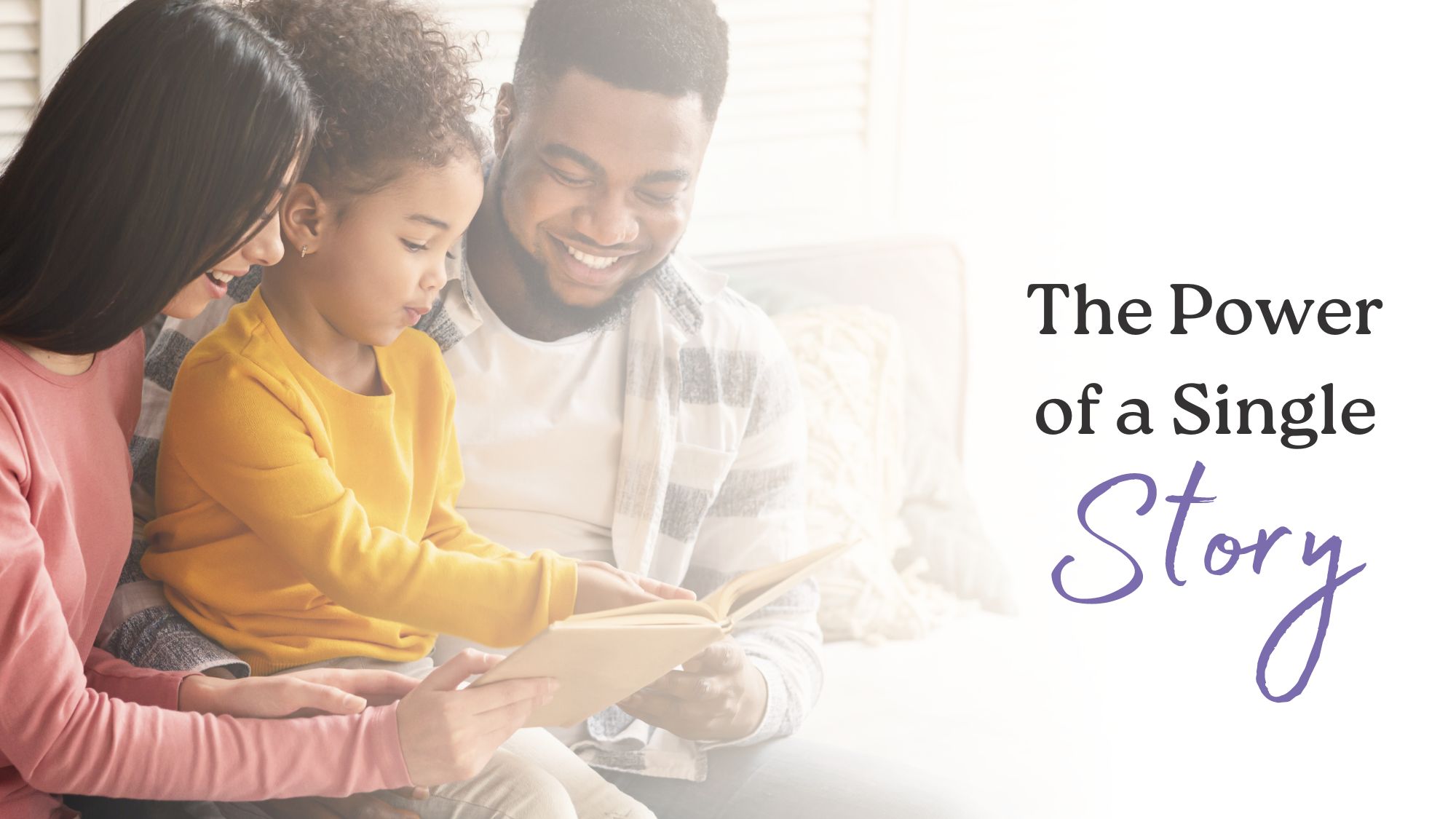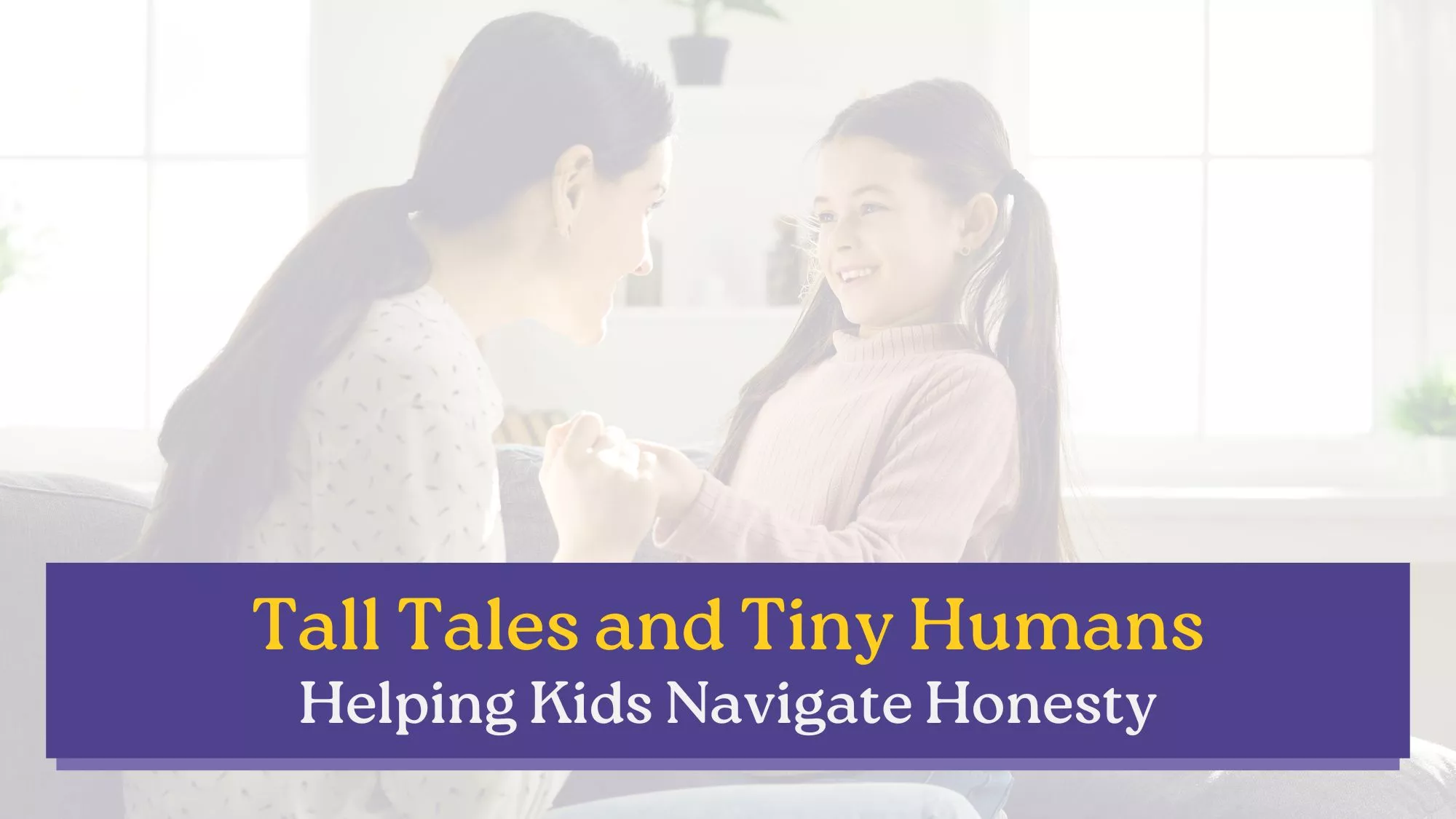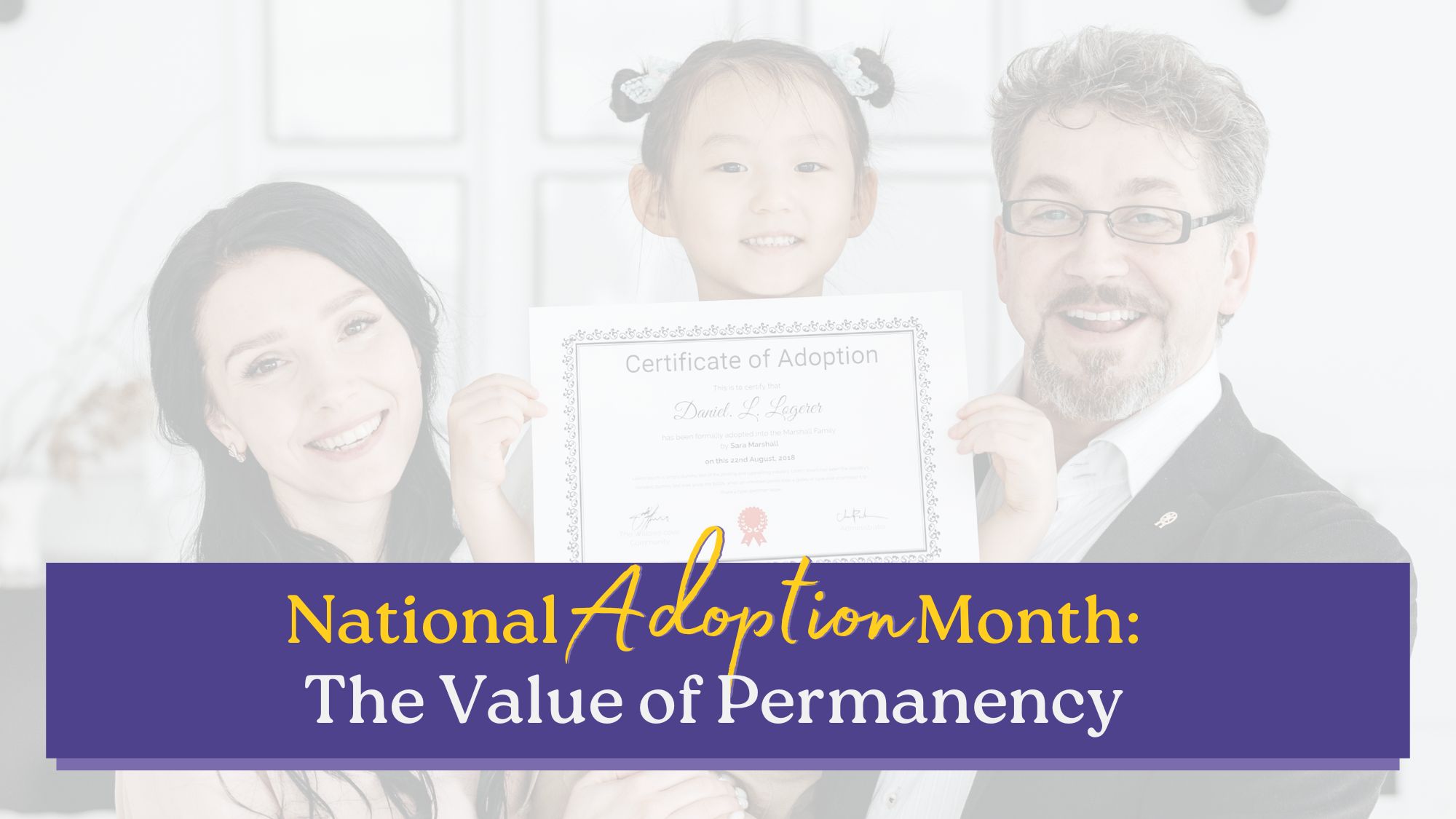Sometimes, we underestimate the power of a single story, even our own life story. Consider these questions for a moment from your own life perspective:
- Can you imagine not knowing or remembering anything about where you came from?
- Can you imagine wondering about the day you were born but don’t know who to go to with your questions?
- What if you were left wondering about the details of your early years?
- Did I look like my Mom or Dad?
- Where are they and what are my biological parents doing?
- What do they think about me? Do they think about me?
- Did they want me?
These questions and more flood the minds of both our foster and adoptive kids every day, but most are uncomfortable asking such questions out loud.
As foster and adoptive parents, we must always remember that our children’s stories didn’t begin with us, but they continue with us. It’s not just a job but a profound responsibility to fill in as many gaps as possible by learning what their lives were like before us. We must desire to learn as much as possible about the people who were part of their lives and be story collectors. Our children need our empathy and support to understand their past. They need to know they belong. The power of a single story—our child’s story—can change the narrative from one of hurt to one of healing.

Your Child’s Story: Where to Start
Where do we start? We start with the people we have contact with who know their past. When possible, begin with a child’s biological family, ask questions, get close, and capture big and small details. Find out about the biological Mom and Dad—their hardships, their story, and the day their baby was born. So much healing can take place for both you and them through these conversations.
We once had a placement where we had gotten pretty close to the biological Dad. He began to share how he remembered one time spilling his glass of milk when he was a young boy, and his dad proceeded to break his arm. So much healing can take place for both you and them as you learn the stories of people. You look at their lives and hardships through a new lens of compassion. Maybe a grandparent is in the picture. Lean in and learn that kiddo’s legacy. And gold is when, long after adoption, some of those relationships can stay intact for your child when appropriate. To this day, I still reach out to a loving grandma when I have gaps in our son’s history. It’s a gift.
In this case, a legacy is defined as the long-lasting impact of particular events, actions, etc., that occurred in a person’s past or life. If we stop to ask the real questions, such as, ”What was your favorite memory with your biological family?” or ”What do you think your biological family would say about you?” we will help capture a child’s story so we can tell it repeatedly. They will have a sense of identity and preciousness.

The Power of a Single Story: Creating a Lifebook
If you have access to details in your child’s history, you could create a lifebook that creates a timeline from their birth through the moment they entered your home and after. A lifebook tells the story. Creating one gives the child the ability to revisit their story any time they desire.
An excellent resource for creating a lifebook is Lifebooks: Creating a Treasure for the Adopted Child. This book gives directions on what to include and will guide you step by step. We did this with our adopted son—we had it bound like a book, and he gets it out to flip through every once in a while. It includes pictures that we requested from a grandmother. It showed his first moments of life with a family that surrounded him and tried. That spoke to him—and it’s part of his story. Nothing can take that from him.
When You Don’t Know the Past
What if we don’t have the privilege of connecting with a biological family? If you feel we are working with a blank sheet of paper, how can we help our child understand and make sense of his past? Start with knowing the hardships surrounding them entering a foster system or the story behind the mom who made a difficult decision to create an adoption plan for their baby.
Just because we don’t have the details or pictures of life events doesn’t mean we can’t shape the story surrounding their life. We can still fill the gaps by creating a narrative surrounding their beginnings. Using statements like, “I bet it was hard for your mom,” or, “I believe your parents did the very best they could—they had a tough life.” Statements such as these encourage your child to craft empathy for their biological family rather than anger and hatred. Remember, empathy is the key to understanding and healing.
Normalizing Conversations
Sometimes, as a foster/adoptive parent, we shy away from conversations regarding our child’s biological family because we may feel threatened and think it will make them sad or miss them. We must normalize such conversations and create safe spaces. We are missing opportunities to connect about some of the deepest longings by not having conversations. Our children long to learn who they are and where they came from—to learn their identity.

Identity in Christ
Conversations about our child’s story are also excellent opportunities to share Psalm 139 with them, teaching them that they are unique and wonderful. “You made all the delicate, inner parts of my body and knit them together in my mother’s womb. Thank you for making me so wonderfully complex! It is amazing to think about. Your workmanship is marvelous—and how well I know it. You were there while I was being formed in utter seclusion! You saw me before I was born and scheduled each day of my life before I began to breathe. Every day was recorded in your book! How precious it is, Lord, to realize that you are thinking about me constantly! I can’t even count how many times a day your thoughts turn toward me. And when I waken in the morning, you are still thinking of me!” (Psalm 139:13-18, The Living Bible).
God has been the one constant in their lives. There is purpose, even in the painful moments, even in losses. He makes all things beautiful.
We certainly cannot go back and change history, but we can come along with our kids and help them make sense of their pasts to ensure their futures are bright and they know who they are. They know that even in brokenness, loss, and confusion, God has put them on a path of healing and wholeness. God will continue to pen their stories. We must be diligent in showing them that God always has a plan for their lives. We can show them that the power of a single story—their story—can bring hope and healing. And you, Mom and Dad, have a front-row seat!
©2024 Angie Grant. Used with Permission.



